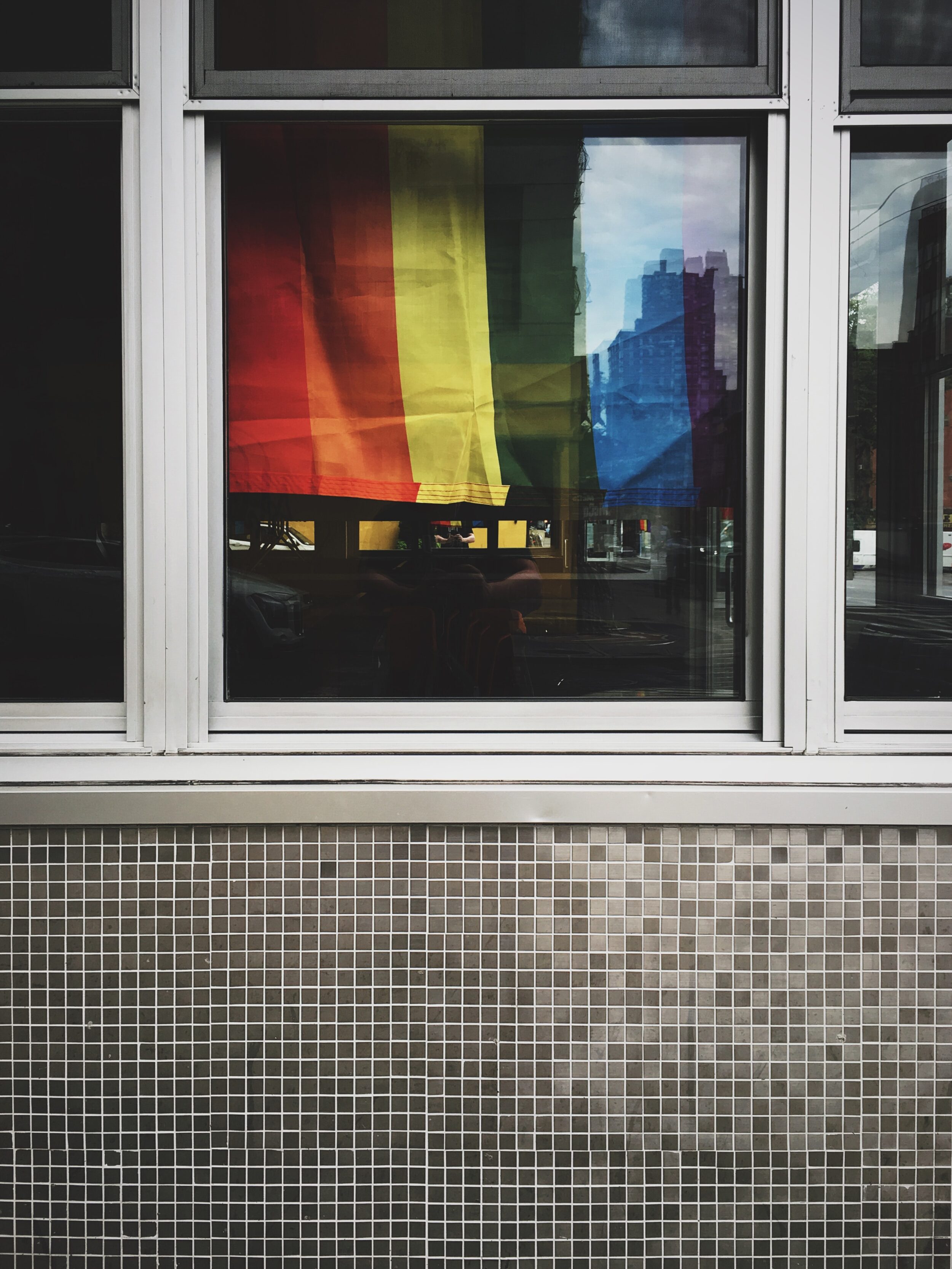
Pride Month 2024: The role of charities in LGBTQ+ advocacy
As Pride month 2024 draws to a close, we’re taking a closer look at the role that Charity Bank and other social purpose organisations have in supporting LGBTQ+ individuals and communities.
Since its inception, Pride month has evolved significantly. Beginning as a single day of protest on the last Sunday of June to commemorate the anniversary of the Stonewall Riots, it has grown in both awareness and scale. It now encompasses a whole host of activities and events celebrated by millions across the world. The charitable sector has been an integral organising force within LGBTQ+ activism, tracing back to the early 1900s when communities in North America and Europe founded lesbian and gay organisations like the Society for Human Rights in the 1920s. Over the course of history charitable organisations have played a significant role in supporting LGBTQ+ communities through advocacy, promoting equality, providing access to healthcare, and protecting basic rights.
Charities work to eliminate discrimination, promote legislative change, conduct research, and raise awareness about the challenges faced by the LGBTQ+ community. They also work to operate helplines and drop-in spaces, offer counselling and legal support for various issues like housing, employment, and medical care. Charities and the social sector are therefore an essential element to the networks and systems providing support to marginalised and vulnerable people.
Within Charity Bank, we welcome and look to champion the sector’s role in supporting the LGBTQ+ community. We have a strong commitment to equity, diversity and inclusion and have launched several internal strategies to enhance our understanding of the impact we can have, both in the sector, and on diverse communities.
We make efforts to target loans towards diverse led organisations, track learnings and reflections, and support borrowers in reaching underserved communities. This is key for LGBTQ+ led charities who often face limited access to financial resources. Being able to source funding is essential for these organisations as it provides them with resources to address the problems affecting these communities and fund the interventions needed. These problems are exacerbated for members of the community who also suffer from other types of violence and discrimination as a result of intersecting identities, like racism, gender-based violence and other forms of cultural and religious abuse. The role of charities in supporting these highly vulnerable people is essential.
One such charity we support is Micro Rainbow, who provide a lifeline to LGBTQ+ refugees and asylum seekers. Through a host of services including employability workshops, safe housing and peer support groups, Micro Rainbow – with the support of a Charity Bank loan and help from other organisations – are able to provide around 300 people with a safe home. It is a core part of our mission to support organisations that fill gaps in local services, cater to historically excluded groups, and ensure that underserved communities and vulnerable populations receive the support they need.
Pride month offers us the opportunity to celebrate and platform the amazing work of organisations like Micro Rainbow. However, it also encourages us to recognise the importance of enabling continuous support, targeted impact, and inclusive practices to advance the rights and well-being of LGBTQ+ communities, not just during Pride month, but year-round.
The LGBTQ+ community continues to face significant challenges, and these struggles underscore the importance of the charity sector’s response in advocating for equality, providing support services, and fighting for legal protections to advance LGBTQ+ rights. At Charity Bank, in line with our mission, values and strategy for equity, diversity and inclusion, we are committed to being a trusted ally for change and the lender of choice within the diverse communities of the social sector.
About Charity Bank
Charity Bank is the loans and savings bank owned by and committed to supporting the social sector. Since 2002, we have used our savers’ money to make more than 1400 loans totalling over £605m to housing, education, social care, community and other social purpose organisations.
Nothing in this article constitutes an invitation to engage in investment activity nor is it advice or a recommendation and professional advice should be taken before any course of action is pursued.


